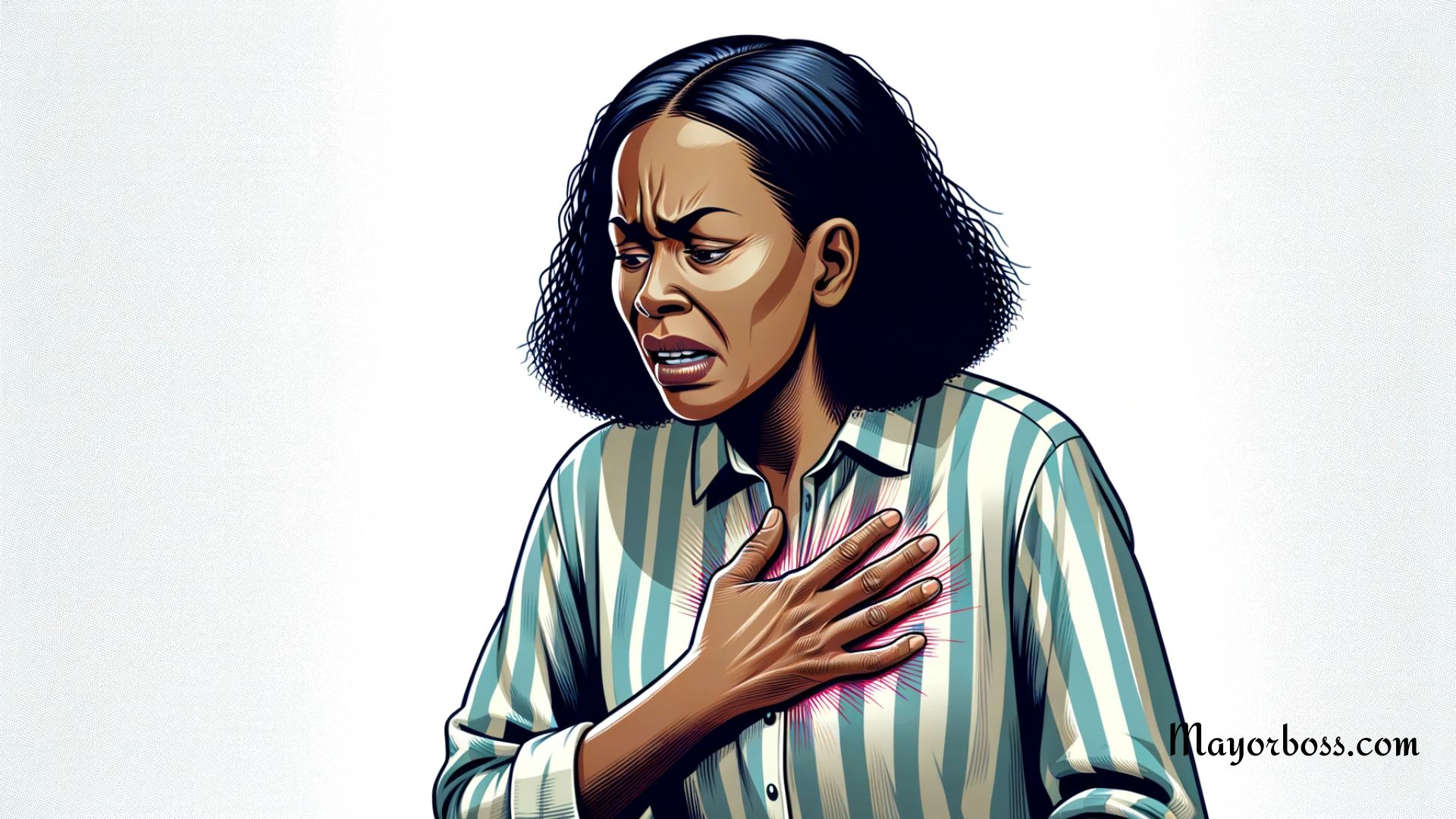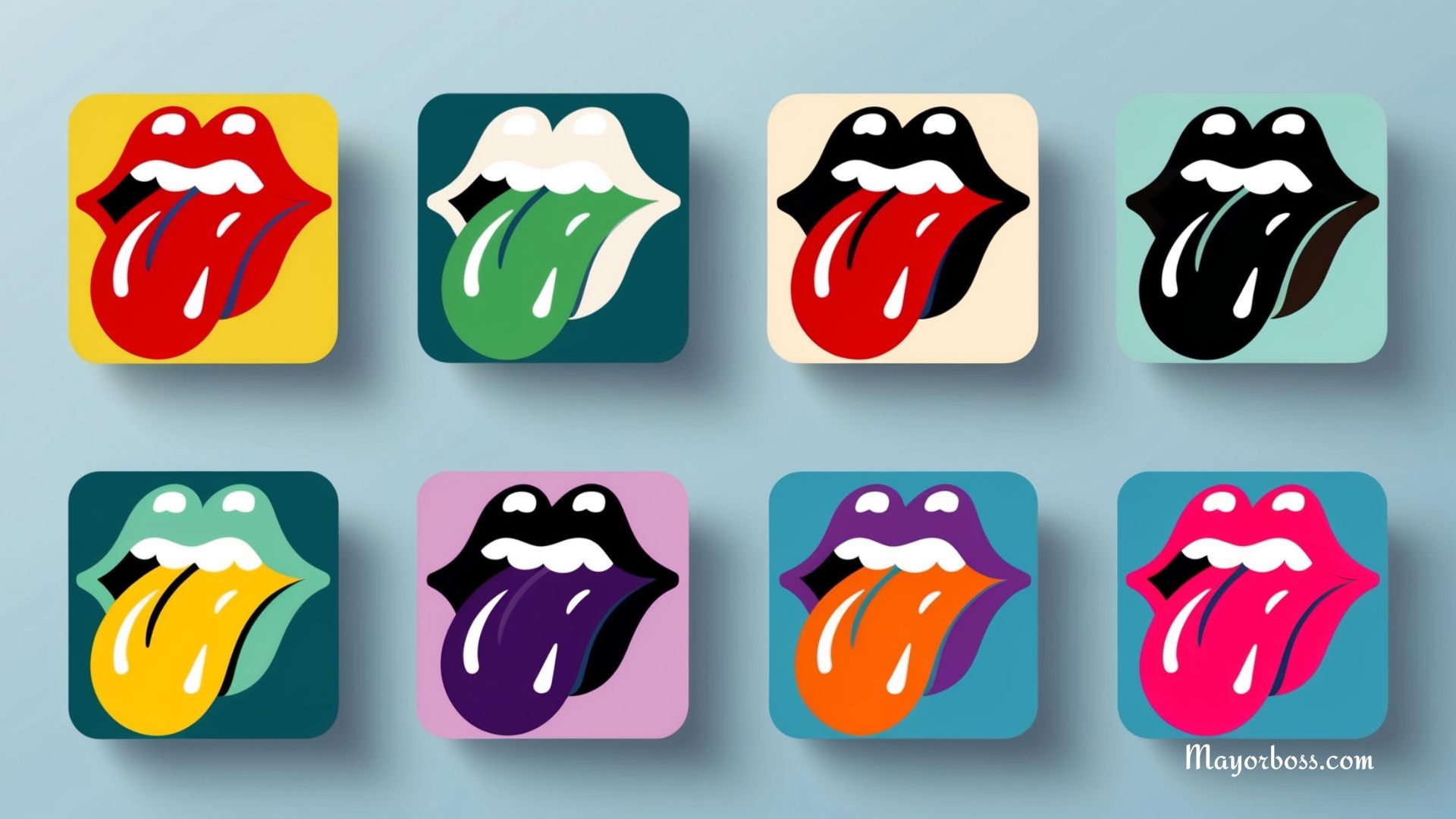What Causes Sudden, Sharp Pain in Chest That Goes Away?
Imagine you’re going about your day—perhaps you’re reading a magazine or doing your chores—when all of a sudden, you feel a quick, sharp pain in your chest. Then, just as quickly, it vanishes. In most cases, this type of brief chest pain leaves you with questions: Should I worry? Is this an emergency?
When people feel any kind of chest pain, they often worry about heart problems. While chest pain can indeed signal heart trouble, a short, stabbing sensation is not always tied to a heart attack or other serious heart issues. Many times, the cause is much less harmful, though you should still keep an eye on symptoms and seek professional help if something feels off.
That said: Let’s take a close look at the possible causes of sudden, sharp chest pain that disappears on its own.

1. Muscle and Joint Strain
If you recently moved heavy furniture or tried a new exercise, your muscles or joints around the rib cage might be strained. When this happens, you may experience a sudden flash of pain that becomes less noticeable as your body relaxes.
- Common Situations: Lifting a heavy object, twisting your torso quickly, or straining during chores.
- Reason for Pain: The muscles in your chest wall or between your ribs can become irritated, leading to sharp discomfort.
- Relief Tips: Gentle stretching, warm compresses, and rest often help ease muscle tension. Over-the-counter pain relievers may also offer mild relief.
2. Precordial Catch Syndrome
Though it sounds alarming, precordial catch syndrome is usually harmless. It’s known for creating a brief, sharp, stabbing pain on the left side of the chest. It often occurs in younger individuals, but it can happen to adults too.
- How It Feels: Typically, you’ll feel a sudden, pinpoint pain that stops you in your tracks. It may be followed by an urge to take a deep breath.
- Why It Happens: Medical experts aren’t sure what the exact cause is, but it’s believed to involve irritation of nerves in the chest wall.
- Duration: The pain usually lasts less than a minute, then vanishes as quickly as it came.
3. Costochondritis
Costochondritis is an inflammation of the cartilage that joins your ribs to your breastbone (sternum). This condition can result in a short burst of chest pain that might worry you, but it’s generally not serious.
- Triggers: A recent bout of coughing, physical overuse of the arms, or an old injury can lead to inflammation.
- Pain Characteristics: The ache is often sharp and can flare when you breathe deeply or press on the affected area.
- Managing It: Rest and anti-inflammatory medications may calm the discomfort. In more stubborn cases, physical therapy or targeted exercises might help.
4. Pleurisy
Pleurisy happens when the linings of the lungs (known as the pleura) become inflamed. This condition can lead to a quick burst of chest pain that may improve when you hold your breath or shift your position.
- Potential Causes: Respiratory infections, certain autoimmune conditions, or other lung problems can cause pleurisy.
- Pain Pattern: Often described as sharp or stabbing, especially during a deep breath.
- When to Be Cautious: If accompanied by persistent fever or breathing trouble, it’s wise to see a healthcare provider.
5. Acid Reflux or Heartburn
Sometimes, sudden chest pain that fades quickly is connected to acid reflux, also called heartburn. When stomach acid creeps up into your esophagus, it may create a burning sensation or brief, sharp pain in the chest.
- Common Triggers: Spicy foods, large meals, lying down soon after eating.
- How It Feels: A squeezing or burning feeling beneath your breastbone that can come and go.
- Helpful Measures: Avoid trigger foods, and don’t lie flat right after a meal. Over-the-counter antacids can offer relief.
6. Anxiety and Stress
Yes, your emotions can affect your body in more ways than you’d expect. Stress or anxiety may cause sudden chest tightness or shooting discomfort that appears for a moment and then disappears.
- Body’s Response: When you’re anxious, your body releases stress hormones, which can increase heart rate and tense up muscles.
- Symptoms: Palpitations, shortness of breath, and jolts of chest pain may occur.
- Coping Tips: Try slow, deep breathing, or relaxation techniques to help calm your nerves.
7. Other Less Common Issues
Occasionally, quick chest pain can be linked to other conditions:
- Pericarditis: This is inflammation around the heart’s outer lining. It usually hurts more when you breathe in or lie down.
- Nerve Irritation: A pinched nerve in your back or neck region might shoot a sharp sensation into your chest.
- Pulmonary Embolism: This is a blood clot in the lung, which typically causes more severe and lasting pain. However, if you feel any new or intense chest discomfort, especially with shortness of breath, get medical help swiftly.
When to See a Doctor
Most of the time, a sudden, sharp pain in the chest that disappears quickly is nothing to panic over. However, there are moments when you shouldn’t hesitate to seek professional help:
- Lasting Pain: If the pain lingers, changes, or grows worse over time.
- Other Symptoms: Chest pain with dizziness, nausea, sweating, or trouble breathing.
- Frequent Episodes: If you keep getting that same unsettling pain, even if it goes away, a check-up can help put your mind at ease.
Self-Care and Prevention
Simple daily habits can go a long way in keeping sudden chest pain at bay:
- Stay Active: Regular exercise helps keep your muscles and heart strong. Remember to warm up before intense workouts and cool down afterward.
- Mind Your Posture: Slouching can cause strain in your chest wall, so sit up straight and avoid hunching at your desk.
- Manage Stress: Practice breathing exercises, take frequent breaks during your day, and engage in activities that soothe your mind.
- Watch What You Eat: Limit spicy, acidic foods if you notice they trigger burning sensations in your chest.
Final Thoughts
A brief, sharp chest pain that comes and goes can be alarming. Yet, in many cases, the cause is something simple like a strained muscle, acid reflux, or a quick nerve spasm. However, if you are ever in doubt—especially if the discomfort returns or intensifies—do not hesitate to seek medical attention. After all, it’s always better to play it safe when it comes to matters of the heart and lungs.






